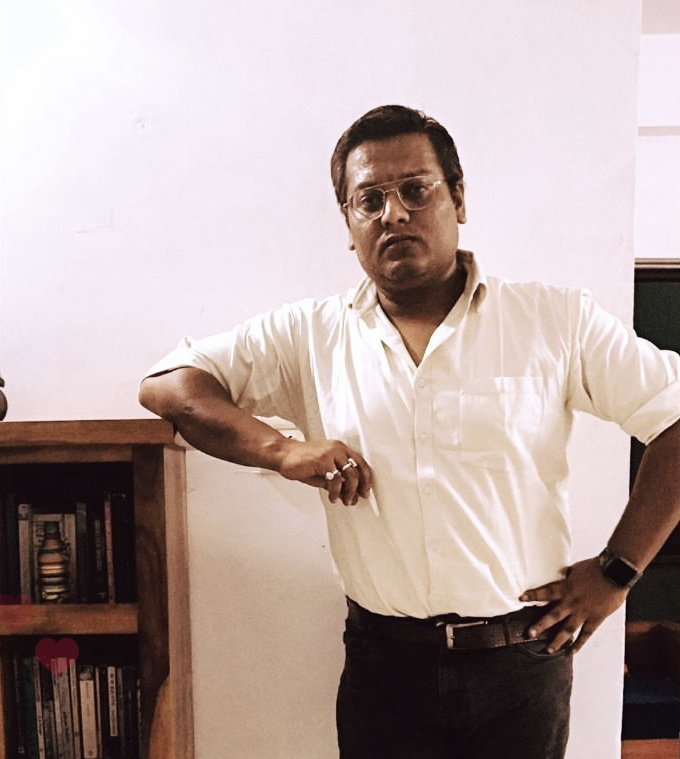The discovery of the body of a 26-year-old former Open AI researcher-turned-whistleblower in a San Francisco apartment has sent shockwaves with many including the likes of Elon Musk reacting to the news.
Suchir Balaji, an Indian-American former Open AI researcher, was found dead at his San Francisco based apartment on November 26. His identity was revealed to media only on Friday night and authorities have ruled his death as suicide with no evidence of foul play.
Balaji had accused his former employer, Open AI, an artificial intelligence research company and creators of ChatGPT, of violating the copyright laws, while training their AI models on original content.
Tech mogul Elon Musk responded to Balaji’s suicide with a puported comment made on X. Musk, who was one of the co-founders of Open AI, has had a bitter fallout with the company management over OpenAI converting from research organization to a for profit based company.
Balaji had recently criticized OpenAI in a New York Times interview over the issue of copyright infringement and “fair use” policy when it comes to their AI generative models learning from original content by artists.
According to Balaji, there is a concern of AI models replicating the exact product, which was used to train them by Open AI under their “fair use” policy.
Generative models rarely produce outputs that are substantially similar to any of their training inputs, the process of training a generative model involves making copies of copyrighted data. If these copies are unauthorized, this could potentially be considered copyright infringement, depending on whether or not the specific use of the model qualifies as “fair use”. Because fair use is determined on a case-by-case basis, no broad statement can be made about when generative AI qualifies for fair use,” said Balaji in his latest statement.
Open AI Faces a Bitter Battle with Musk and NYT
Open AI whistle blower Balaji had participated in a New York Times interview as the news organization has also filed a lawsuit against the AI company over copyright infringements. According to a report in The Indian Express, the court documents filed against OpenAI have mentioned Balaji as someone with access to “unique and relevant documents” relevant to the case.
Meanwhile, Elon Musk has also filed a lawsuit against OpenAI to block the company’s for profit conversion. OpenAI was initially founded in 2015 as a not for profit research organization for the “welfare of humanity” with Artificial Intelligence. Elon Musk had a bitter fallout with the company co-founder Sam Altman in 2018 over the idea of OpenAI shifting to for profit based company, leading to his resignation. In 2019, Open AI, launched OpenAI LP for profit and since then it has been engaged in a bitter fight with Musk.
Recently, after Elon Musk filed a lawsuit against OpenAI, the company has released a detailed statement accusing Elon of trying to gain majority shares and full control since early days of the organization.
Elon Musk’s latest legal filing against OpenAI marks his fourth attempt in less than a year to reframe his claims. However, his own words and actions speak for themselves—in 2017, Elon not only wanted, but actually created, a for-profit as OpenAI’s proposed new structure. When he didn’t get majority equity and full control, he walked away and told us we would fail. Now that OpenAI is the leading AI research lab and Elon runs a competing AI company, he’s asking the court to stop us from effectively pursuing our mission,” read the statement issued by Open AI.






